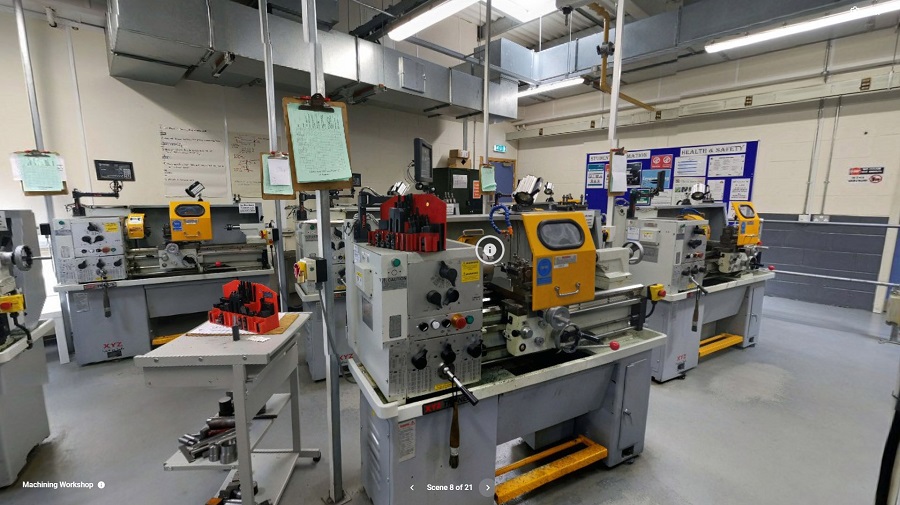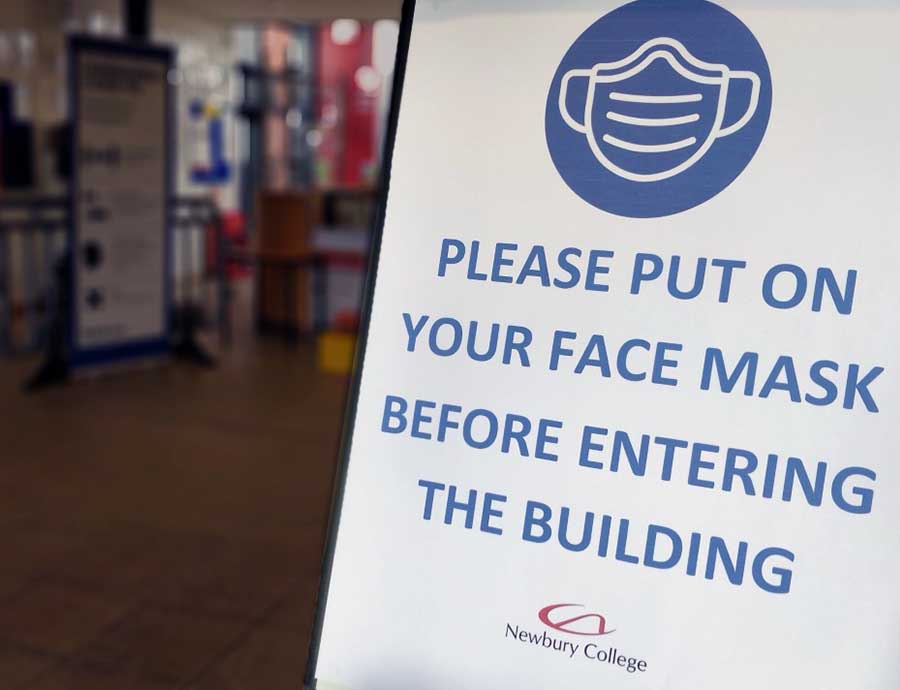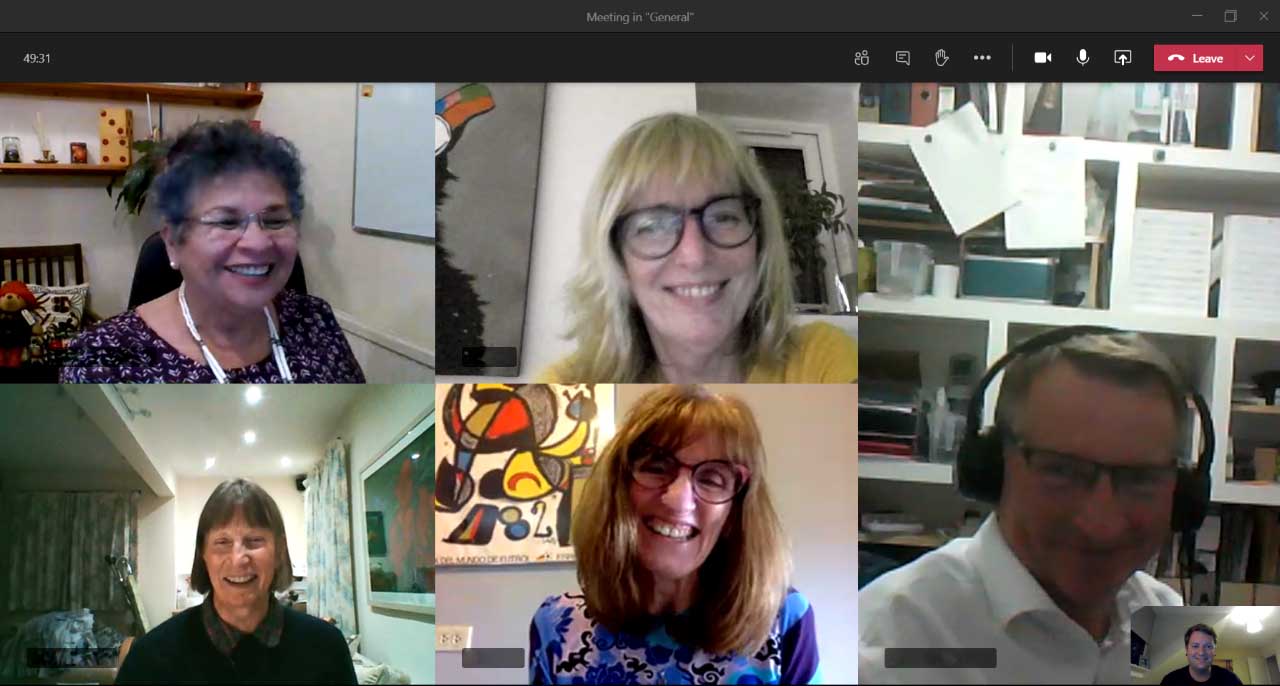- Courses
- Courses
- Subjects
- Art and Design
- Beauty and Hairdressing
- Business, Accountancy and Management
- Catering, Cookery and Hospitality
- Child Care and Education
- Construction and Building Technology
- Digital Technology (inc. Media and Music)
- Engineering
- Essential Skills (English and Maths)
- Football Academies
- Health, Social and Public Services
- Modern Languages
- Motor Vehicle
- Performing Arts
- Sport and Fitness
- Help to choose
- Career Search
- Course Explorer
- Information, Advice and Guidance
- Programme Picker - What should I study?
- Information & Support
- Information & Support
- Information
- About Newbury College
- Qualifications Guide
- College Term Dates
- Getting to Newbury College
- Corporation
- Information for Parents
- Information for Schools
- Policies
- Information for Employers
- Student Services
- Information, Advice and Guidance
- How to enrol
- Fees, Funding and Financial Support
- Student Discounts
- Student Support
- Equality, Diversity and Inclusion
- Student Support
- Safeguarding, Behaviour and Prevent
- Exams and results
- Keeping you safe
- News & Events
- Vacancies
- Facilities
- Contact Us
News
Congratulations to Engineering Apprentice, Faye Cooke, for winning the Darren Huttel Apprentice of the Year.
Virtual tour uses 360° VR experience to allow visitors to explore campus.
A confirmed case of COVID-19 has been identified at Newbury College.
Newbury College Spanish students have used technology to connect with a guest speaker in New York.



